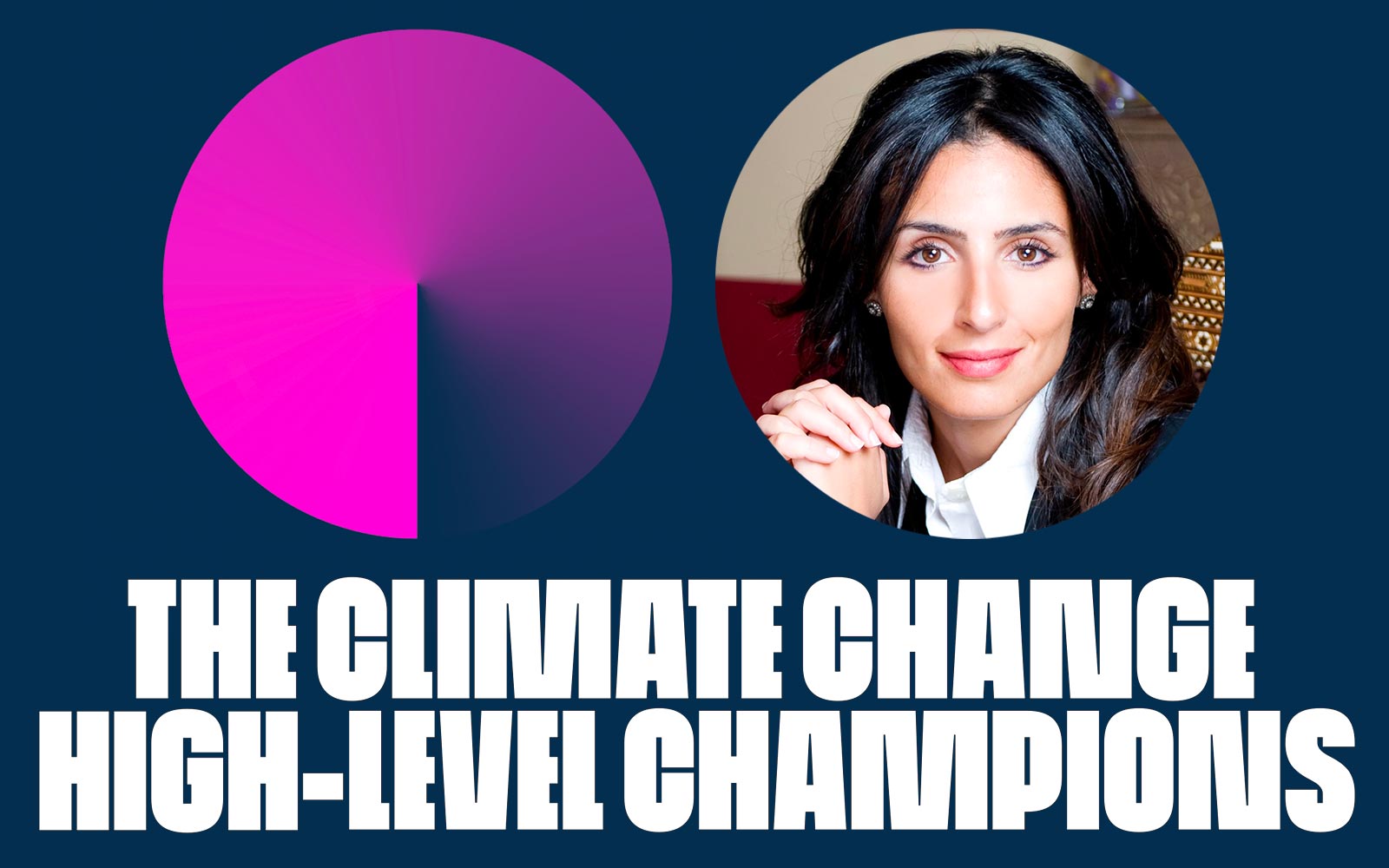English Español Français العربية
Today, the United Arab Emirates announced that Razan Al Mubarak, President of the International Union for Conservation of Nature (IUCN), will join the leadership team for United Nations Framework Convention on Climate Change’s (UNFCCC) 28th Conference of the Parties (COP28), to be held in Dubai in November, 2023, as the UN Climate Change High-Level Champion.
The UN Climate Change High-Level Champion, a position which originated with the Paris Agreement and has become a hallmark of each successive COP meeting, is mandated to mobilize more ambitious climate action and strengthen the engagement of non-state actors in achieving the goals of the Paris Agreement.
As the first country in the region to ratify the Paris Agreement, the first to commit to an economy-wide reduction in emissions, and the first to announce a Net Zero by 2050 strategic initiative, the UAE is committed to raising ambition in this critical decade for climate action. The UAE has appointed a strong and diverse leadership team to support practical, inclusive, and transformational progress towards a successful COP28. Mrs. Al Mubarak is joining H.E. Dr. Sultan Ahmed Al Jaber, who will serve as COP President, and Her Excellency Shamma Al Mazrui, UAE Minister of Youth Affairs, who will serve as Youth Climate Champion.
“I am honored that the UAE has entrusted me with the responsibility to support the COP28 UAE Presidency as UN Climate Change High-Level Champion. The environment has always been central to the UAE’s culture and identity, and it recognizes that a healthy environment, including its climate and biodiversity, is central to everyone’s well being. In my roles as both UN Climate Change High-Level Champion and IUCN President, I can help ensure that we go beyond business as usual, and prioritize nature-based solutions in the upcoming COP negotiations.”
IUCN President Razan Al Mubarak has more than 20 years of experience in conservation and environmental management across the public and private sectors. Her background uniquely positions her to integrate NGOs, Indigenous peoples, and other non-state actors with government efforts and to spur more inclusive climate action.
